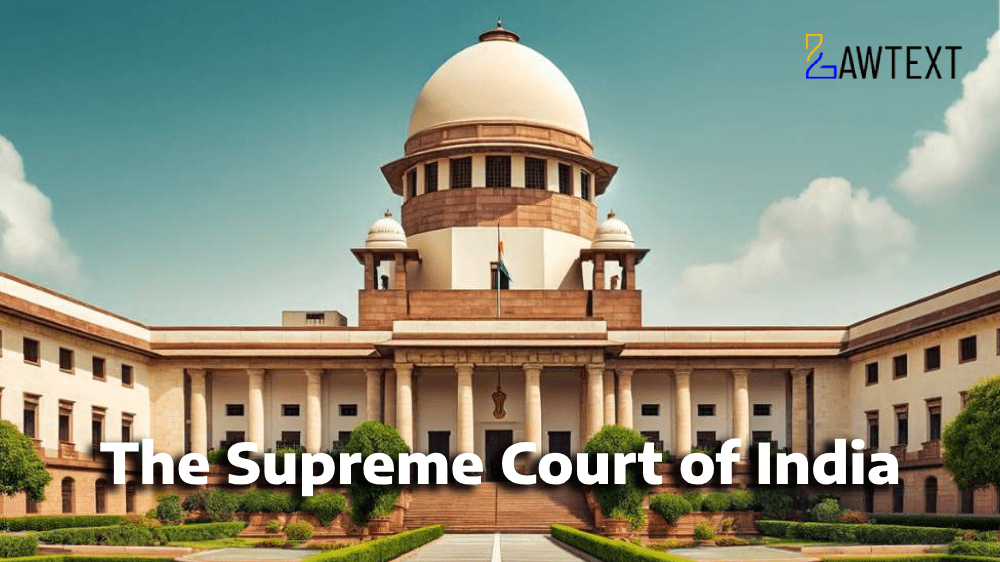"Supreme Court Ruling: Second Complaint Dismissed as Non-Maintainable" "The Supreme Court reinforces limitations on filing repeated complaints on identical facts after judicial acceptance of a final report."

CASE NOTE & SUMMARY
Acts and Sections Discussed
-
Code of Criminal Procedure (Cr.P.C.), 1973
- Section 173: Final Report after police investigation.
- Section 156(3): Magistrate's power to order an investigation.
- Section 202: Postponement of issue of process; Magistrate’s power to order an inquiry.
- Section 203: Dismissal of complaints.
- Section 300: Prohibition of trial for the same offense if a prior acquittal/conviction exists.
-
Indian Penal Code (IPC), 1860
- Section 406: Criminal breach of trust.
- Section 420: Cheating and dishonestly inducing delivery of property.
- Section 34: Acts done by several persons in furtherance of common intention.
-
Background and Initial Complaint
- The case began with a complaint filed on 11.11.2010 against the appellants alleging offenses under Sections 406, 420, and 34 of the IPC.
- This complaint led to the registration of FIR No. 244/2010.
- Following an investigation, the police submitted a negative final report on 28.02.2011, concluding that there was no substantive evidence against the appellants.
-
Protest Petition and Magistrate's Decision
- The complainant filed a protest petition against the final report, questioning the quality of the investigation.
- After reviewing the protest petition, the Chief Judicial Magistrate (CJM) accepted the final report on 06.06.2011, effectively closing the matter without pursuing further action.
-
Filing of the Second Complaint
- Subsequently, the complainant filed a second complaint on 20.07.2011 with identical allegations.
- The CJM initially ordered further investigation but later dismissed the second complaint based on an objection regarding its maintainability, citing it as repetitious and unsupported by new evidence.
-
High Court and Sessions Court Rulings
- The complainant challenged the CJM's decision, leading the Sessions Court and later the Gauhati High Court to set aside the dismissal and remand the matter to the CJM for reconsideration.
- Both lower courts opined that the second complaint was permissible as it was a response to the negative final report and the protest petition.
-
Supreme Court Judgment
- The Supreme Court held that the second complaint was non-maintainable as it reiterated the same facts without introducing new evidence or circumstances, which is contrary to established legal principles on second complaints.
Ratio Decidendi (Legal Reasoning)
-
The Supreme Court reinforced that, while a second complaint on identical facts is generally barred, it may be entertained only under "exceptional circumstances," such as when:
- The prior complaint was dismissed due to procedural errors or incomplete information.
- New facts or evidence emerge that were previously unavailable despite diligent efforts.
-
In this case, the Court found no such exceptional circumstances, noting that the second complaint mirrored the original complaint and the protest petition.
-
Relying on precedents like Samta Naidu v. State of Madhya Pradesh and Pramatha Nath Talukdar v. Saroj Ranjan Sarkar, the Court reiterated that repetitive complaints without new material are impermissible as they disrupt judicial finality and cause unnecessary harassment to the accused.
Subjects:
Criminal Law – Limits on Filing Successive Complaints Following Judicial Acceptance of a Negative Final Report
ISSUE OF CONSIDERATION
Subrata Choudhury @ Santosh Choudhury & Ors. Versus The State of Assam & Anr.
Citation: 2024 LawText (SC) (11) 57
Case Number: Criminal Appeal No. of 2024 (Arising out of SLP (Crl.) No.1242 of 2021)
Date of Decision: 2024-11-05
Case Title: Subrata Choudhury @ Santosh Choudhury & Ors. Versus The State of Assam & Anr.
Before Judge: (C.T. Ravikumar J. , Rajesh Bindal J.)
Appellant: Subrata Choudhury @ Santosh Choudhury & Ors.
Respondent: The State of Assam & Anr.

